TUTORIAL
October 31, 2023
Chairs:
Prof. Guo-Shiang Lin, National Chin-Yi University of Technology, Taiwan
Prof. Kazuya Takeda, Nagoya University, Japan
Prof. KokSheik Wong, Monash University, Malaysia
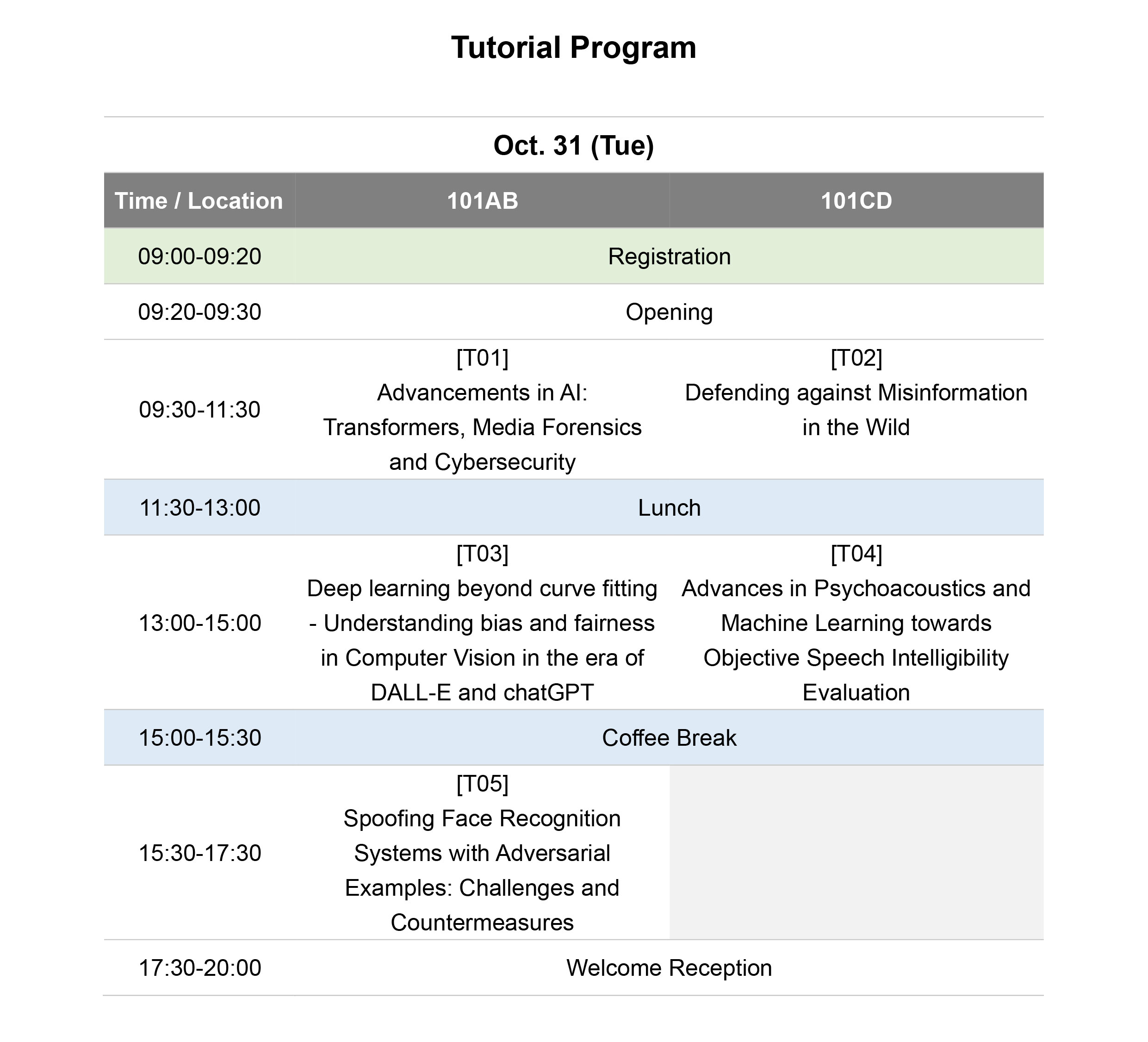
[T01] Advancements in AI: Transformers, Media Forensics and Cybersecurity
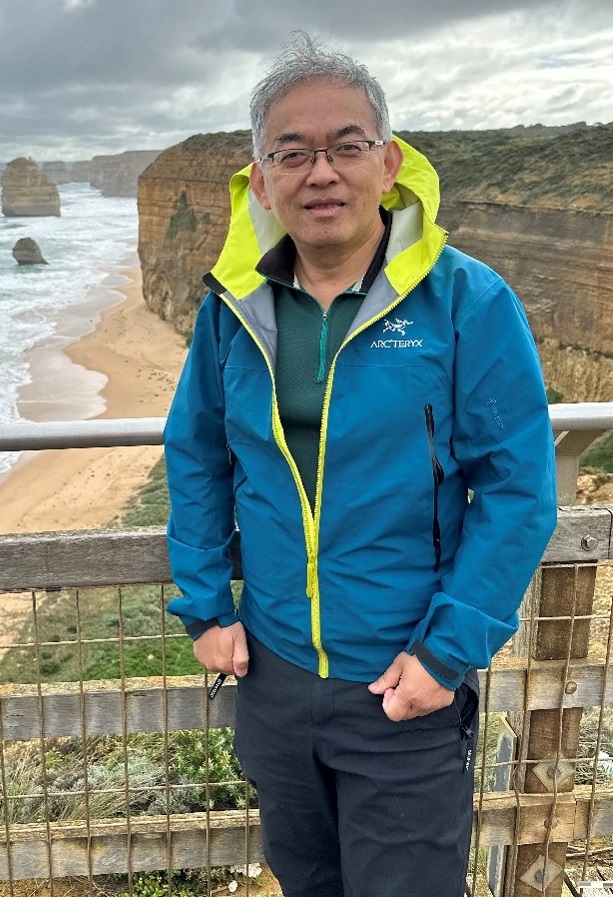
Jun-Wei Hsieh
Jun-Wei Hsieh is a Professor with the College of AI, National Yang-Ming Chiao-Tung University. He was an Associate Professor with the Department of Electrical Engineering, Yuan-Ze University from August 1999 to July 2009, and a Visiting Researcher with the MIT AI Laboratory. Since August 2009, he had been a Professor and the Dean of the Department of Computer Engineering, National Taiwan Ocean University. He hosted or co-hosted a lot of large-scale AI projects from different companies and governments in the past. He has a lot of successful experiences in industrial-academic cooperation and technology transferring, especially in ITS. His research interests include AI, deep learning, smart farming, video surveillance, intelligent transportation systems, image and video processing, object recognition, machine learning, 3D printing, medical image analysis, and computer vision. In May 2019, he received the First Prize of the Ministry of Science and Technology Best Display Award and the Third Place of the AI Investment Potential Award. Due to his contributions in traffic flow estimation, he helped the Elan company receive the Gold Award from Taipei International Computer Show, in 2019. He also received the Outstanding Research Awards of National Taiwan Ocean University, in 2012, 2016, 2017, and 2019, the Outstanding Research Awards of Yuan Ze University, in 2006, 2007, 2008. He and his students received the Silver Medal of 2019 National College Software Creation Competition, the Silver Medal of 2018 National Microcomputer Competition, the Best Paper awards of Information Technology and Applications in Outlying Islands Conference, in 2013, 2014, 2016, 2017, 2018, 2021, 2022, and 2023, respectively, the Best Paper Award of Tanet 2017, the Best Paper Awards of NCWIA 2020, 2021, 2022, and 2023, respectively, and the Best Paper Awards of IS3C 2020. He also received the Best Paper Award of CVGIP Conference, in 1999, 2003, 2005, 2007, 2014, 2017, 2018, and 2023, the Best Paper Award of DMS Conference, in 2011, the Best Paper Award of IIHMSP 2010, and the Best Patent Award of Institute of Industrial Technology Research, in 2009 and 2010, respectively. Dr. Hsieh also received the award of 2022 future technology in Taiwan.
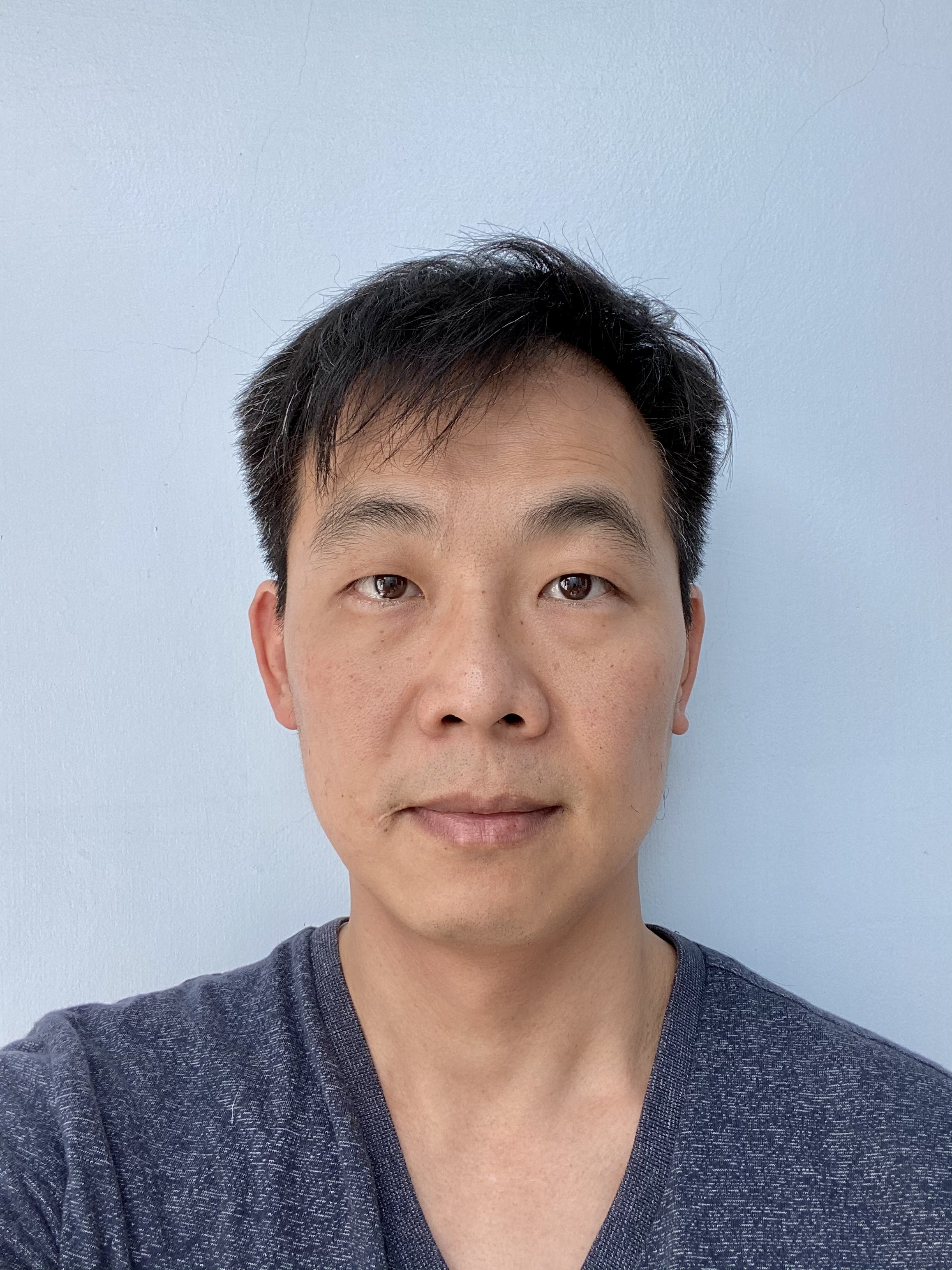
Ming-Ching Chang
Dr. Ming-Ching Chang's research has been founded by DARPA, IARPA, NIJ, VA, and GE Global Research. He has rich experience in leveraging expertise from multiple domains to accomplish multi-discipline programs and projects. Dr. Chang receives multiple paper awards from international conferences including IEEE MIPR 2023 Best Student Paper Award, AI City Challenge 2017 Honorary Mention Award, IEEE WACV 2012 Best Student Paper Award, and IEEE AVSS 2011 Best Paper Award - Runner-Up. Dr. Chang frequently serves the program chair, area chair, and referee of leading journals and conferences. He is the core organizer of the AI City Challenge, a multi-year (2017-2023) IEEE CVPR Workshops. He is the program chair of the IEEE AVSS 2019 conference and TPC chair lead of the IEEE MIPR 2022 conference. He is the Area Chair of IEEE ICIP conferences (2017, 2019-2023) and an outstanding area chair of ICME 2021 conference. He chairs the steering committee of the IEEE AVSS conference since 2022. He has authored more than 130+ peer-reviewed journal and conference publications, 7 US patents and 15 disclosures. He is a senior member of IEEE.
[T02] Defending against Misinformation in the Wild
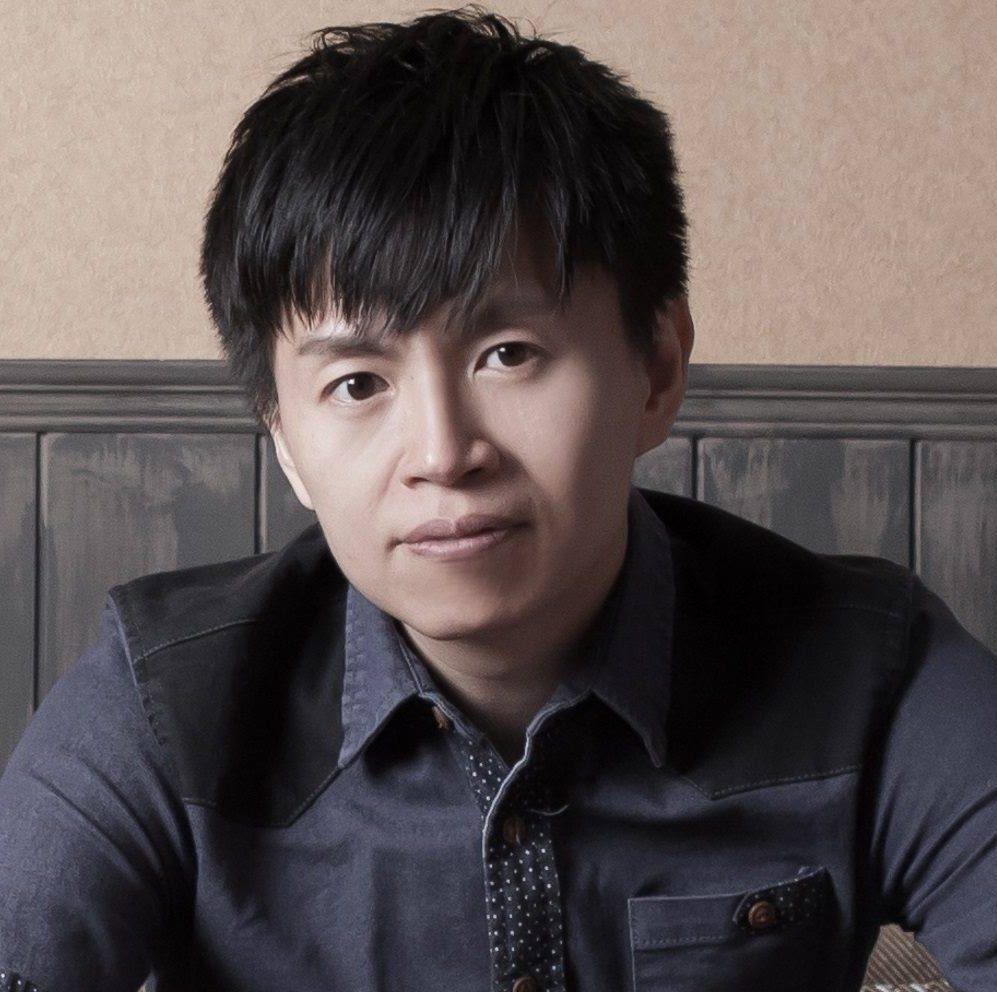
Chih-Chung Hsu
Chih-Chung Hsu is affiliated with the Institute of Data Science at National Cheng Kung University, located in Tainan, Taiwan (70101). You can contact him via email at cchsu@gs.ncku.edu.tw. Dr. Hsu obtained his Ph.D. degree in electrical engineering from National Tsing Hua University (NTHU) in Hsinchu, Taiwan, in 2014. He is a Senior Member of the Institute of Electrical and Electronics Engineers (IEEE) since October 2020. Dr. Hsu has made significant contributions to the field, publishing in several top-tier journals such as IEEE Transactions on Image Processing (TIP), IEEE Transactions on Multimedia (TMM), IEEE Transactions on Geoscience and Remote Sensing (TGRS), and IEEE Transactions on Pattern Analysis and Machine Intelligence (TPAMI). In 2017 and 2019, he received the first-place award in the ACM Multimedia Social Media Prediction Challenge. Additionally, in 2013, he was honored with a top 10% paper award at the IEEE International Workshop on Multimedia Signal Processing (MMSP). In 2019, Dr. Hsu received the best student paper award at the IEEE International Conference on Image Processing (ICIP). Furthermore, Dr. Hsu's achievements include winning the 3rd place award in the Learning to Drive Challenge at the IEEE International Conference on Computer Vision (ICCV) and being invited to give a talk in 2019. In 2020, he received the 3rd place award in the Visual Inductive Priors for Data-Efficient Computer Vision Challenge at the European Conference on Computer Vision (ECCV). Notably, he was recognized with the third place award in the COVID19 Detection Challenge at ICCV 2021 and the first place award at ECCV 2022. Dr. Hsu's research interests encompass image processing, deep learning, hyperspectral image analysis, and medical signal analysis.
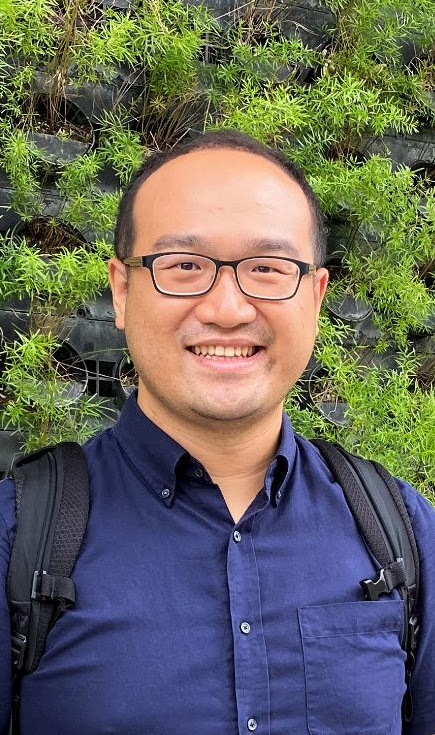
Cheng-Te Li
Cheng-Te Li is now Professor at Institute of Data Science and Department of Statistics, National Cheng Kung University, Tainan, Taiwan. He received Ph.D. degree (2013) from Graduate Institute of Networking and Multimedia, National Taiwan University. Before joining NCKU, he was an Assistant Research Fellow (2014-2016) at Research Center for IT Innovation, Academia Sinica. Dr. Li’s research targets Machine Learning, Deep Learning, and Data Science with their applications to Social Networks & Social Media Analytics, Recommender Systems, and Natural Language Processing. Problems he tackled are inspired by real-world applications with massive datasets, and methods his group present tend to be graph-based. His papers were published at top venues, including KDD, TheWebConf (WWW), ICDM, CIKM, SIGIR, IJCAI, ACL, EMNLP and NAACL. Dr. Li given keynote talks on graph neural networks for social media analytics at the MAISoN workshop at TheWebConf 2020 and at MISNC 2021. He had delivered conference tutorials on graph neural networks (TheWebConf 2023, IEEE ICDE 2023, IEEE DSAA 2022, and ACML 2021), and social media analytics (PAKDD 2016, WWW 2015, ICWSM 2014, and IEEE/ACM ASONAM 2014).

Jun-Cheng Chen
Jun-Cheng Chen is an associate research fellow at the Research Center for Information Technology Innovation (CITI), Academia Sinica. He joined CITI as an assistant research fellow in 2019. He received the B.S. and M.S. degrees advised by Prof. Ja-Ling Wu in Computer Science and Information Engineering from National Taiwan University, Taiwan (R.O.C), in 2004 and 2006, respectively, where he received the Ph.D. degree advised by Prof. Rama Chellappa in Computer Science from University of Maryland, College Park, USA, in 2016. From 2017 to 2019, he was a postdoctoral research fellow at University of Maryland Institute for Advanced Computer Studies. His research interests include computer vision, machine learning, deep learning and their applications to biometrics, such as face recognition/facial analytics, activity recognition/detection in the visual surveillance domain, etc. He has published several papers on top conferences, including CVPR, ICCV, ECCV, ACM Multimedia. He was a recipient of the ACM Multimedia Best Technical Full Paper Award in 2006.
[T03] Deep learning beyond curve fitting - Understanding bias and fairness in Computer Vision in the era of DALL-E and chatGPT

Arghya Pal
Dr. Arghya Pal is a Lecturer at the School of IT, Monash University. Dr. Pal has extensive research experiences in Computer Vision, Data Analytics, Large Language Modeling, Causality and Reasoning. Dr. Pal has got his academic studies from Harvard University, Monash University, and Indian Institute of Technology. He is a recipient of the Intel fellowship, magna-cum-laude merit award, and Gold Medal during his masters studies. Dr. Pal is a reviewer of prestigious journals like TPAMI, Pattern Recognition, Signal Processing Letters and conferences such as NeurIPS, CVPR, ICML, ICCV, ECCV, AAAI, ACL.

Sailaja Rajanala
Dr Sailaja obtained her Masters and PhD from the Indian Institute of Technology Hyderabad. Her research interests in Machine Learning, Natural Language Processing, and Causal Inference. In her PhD, she applied Machine learning to Natural Language Processing, Data Mining and Recommender Systems. She has published papers in several premier conferences including WACV, SIGIR, and ACM Multimedia. She had previously worked at Accenture Services pvt. ltd. as associate software engineer in data warehousing and data mining.
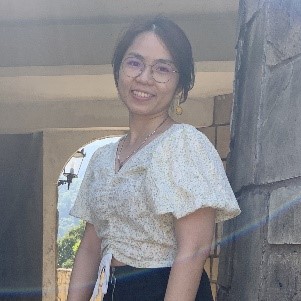
Ai-Fang Chai
DMs. Ai-Fang Chai is a Ph.D. student of School of IT, Monash University, Malaysia Campus. She has done extensive research in de-biasing, fairness in multimedia models. Ms. Ai Chai is also interested in micro expression detection and video generation models.
[T04] Advances in Psychoacoustics and Machine Learning towards Objective Speech Intelligibility Evaluation
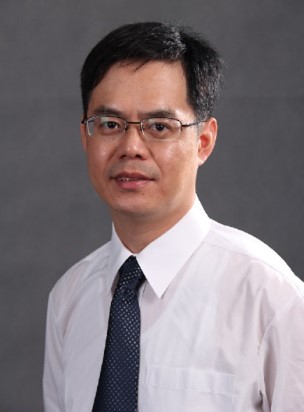
Fei Chen
Fei Chen received the B.Sc. and M.Phil. degrees from the Department of Electronic Science and Engineering, Nanjing University in 1998 and 2001, respectively, and the Ph.D. degree from the Department of Electronic Engineering, The Chinese University of Hong Kong in 2005. He continued his research as post-doctor and senior research fellow in University of Texas at Dallas (supervised by Prof. Philipos C. Loizou) and The University of Hong Kong. He is now a full professor at Department of Electrical and Electronic Engineering, Southern University of Science and Technology (SUSTech), Shenzhen, China. Dr. Chen is leading the speech and physiological signal processing (SPSP) research group in SUSTech, with research focus on speech perception, speech intelligibility modeling, speech enhancement, and assistive hearing technology. He published over 140 journal papers and over 100 conference papers in IEEE journals/conferences, Interspeech, Journal of Acoustical Society of America, etc. He was tutorial speakers of Interspeech 2022, EUSIPCO2022, APSIPA 2021, Interspeech 2020, and APSIPA 2019, and organized special session “Signal processing for assistive hearing devices” at ICASSP 2015. He received the best presentation award in the 9th Asia Pacific Conference of Speech, Language and Hearing. Dr. Chen is an APSIPA distinguished lecturer (2022-2023), and is now serving as associate editor of Biomedical Signal Processing and Control.
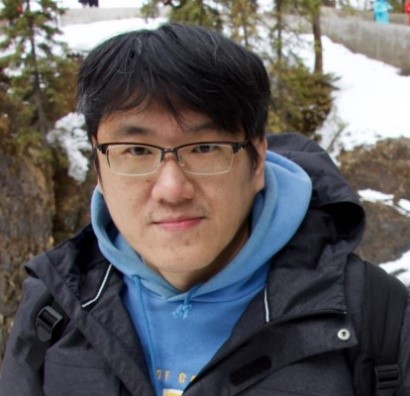
Yu Tsao
Yu Tsao received the B.S. and M.S. degrees in electrical engineering from National Taiwan University, Taipei, Taiwan, in 1999 and 2001, respectively, and the Ph.D. degree in electrical and computer engineering from the Georgia Institute of Technology, Atlanta, GA, USA, in 2008. From 2009 to 2011, he was a Researcher with the National Institute of Information and Communications Technology, Tokyo, Japan, where he engaged in research and product development in automatic speech recognition for multilingual speech-to-speech translation. He is currently a Research Fellow (Professor) and the Deputy Director with the Research Center for Information Technology Innovation, Academia Sinica, Taipei, Taiwan. He is also a Jointly Appointed Professor with the Department of Electrical Engineering, Chung Yuan Christian University, Taoyuan, Taiwan. His research interests include assistive oral communication technologies, audio coding, and bio-signal processing. He is currently an Associate Editor for the IEEE/ACM TRANSACTIONS ON AUDIO, SPEECH, AND LANGUAGE PROCESSING and IEEE SIGNAL PROCESSING LETTERS. He was the recipient of the Academia Sinica Career Development Award in 2017, national innovation awards in 2018– 2021, Future Tech Breakthrough Award 2019, and Outstanding Elite Award, Chung Hwa Rotary Educational Foundation 2019–2020. He is the corresponding author of a paper that received the 2021 IEEE Signal Processing Society (SPS), Young Author, Best Paper Award.
[T05] Spoofing Face Recognition Systems with Adversarial Examples: Challenges and Countermeasures
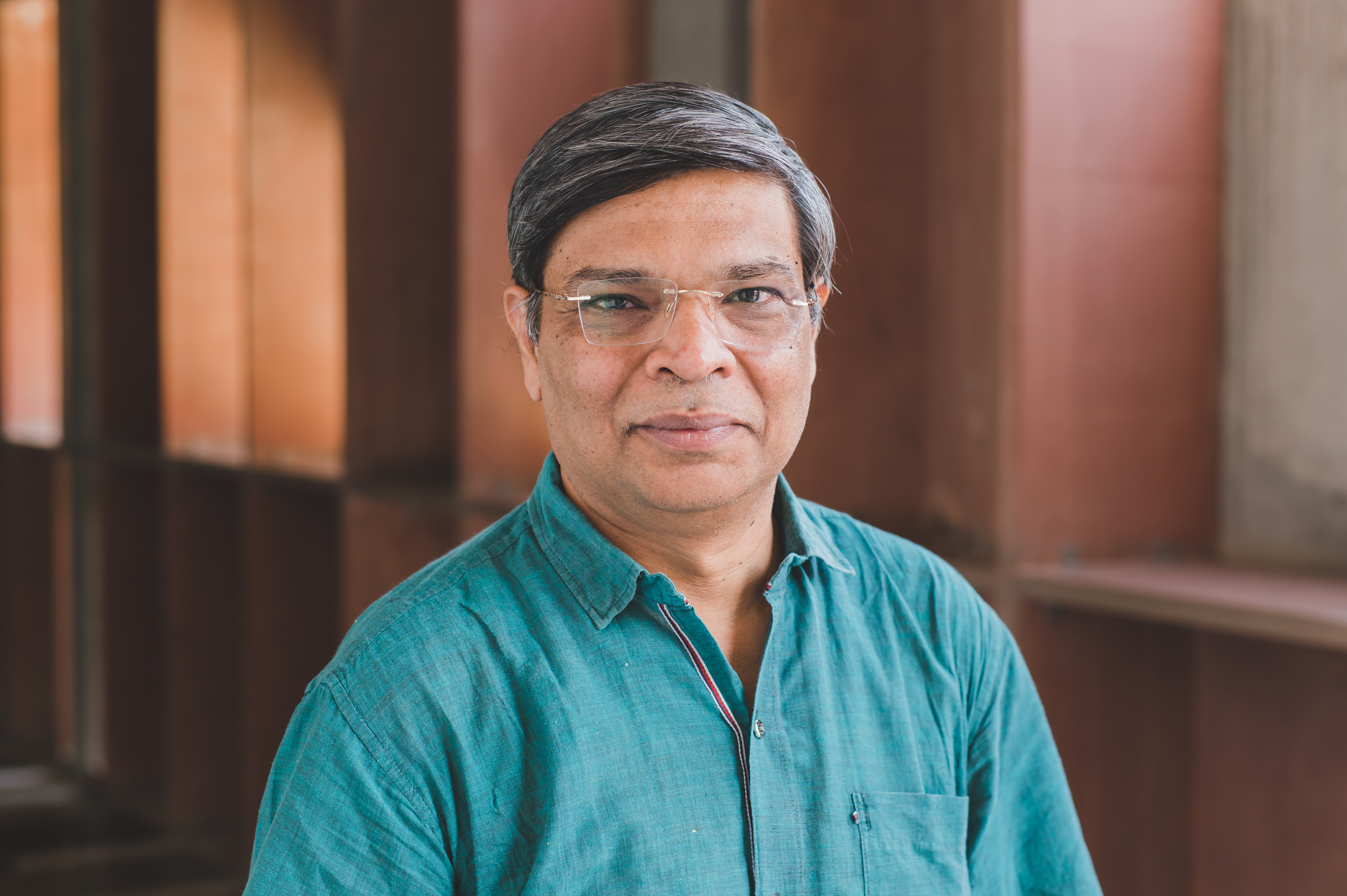
Mehul S Raval
Dr. Mehul S Raval is a faculty member at Ahmedabad University, serving as the Associate
Dean of Experiential Learning and Professor. He has over 25 years of experience in
computer vision and engineering education. In 1996, Mehul earned his Bachelor's in
Electronics and Telecommunication Engineering from the College of Engineering Pune /
University of Pune, India. He pursued further studies, obtaining a Master's in Electronics in 2002 and a Ph.D. in ECE in 2008.
Dr. Raval has had the opportunity to engage in academic activities abroad, conducting
research at Okayama University in Japan as a recipient of the Sakura Science fellowship.
He also served as an Argosy visiting associate professor at Olin College of Engineering in the United States in 2016 and held a visiting professorship at Sacred Heart University, CT, in 2019.
Dr. Raval's research has been published in reputable journals, magazines, conferences, and workshops. He has been a reviewer for well-known publishers, including IEEE, ACM,
Springer, Elsevier, IET, and SPIE. His research has received support from institutions such as the Board of Research in Nuclear Science (BRNS) and the Department of Science and
Technology, Government of India.
Dr. Raval mentors doctoral, M.Tech, and B.Tech students and actively contributes to
conferences, workshops, and symposiums as a program committee member. He also
participates in curriculum development for esteemed Indian universities as a Board of
Studies (BoS) member. Dr. Raval holds senior memberships in IEEE and prestigious titles
as a Fellow of IETE and Fellow of The Institution of Engineers (India). He has contributed to the IEEE Gujarat section and served in various capacities within the IEEE Signal Processing Society (SPS) chapter - IEEE Gujarat Section and the IEEE Computational
Intelligence Society Chapter - IEEE Gujarat Section.
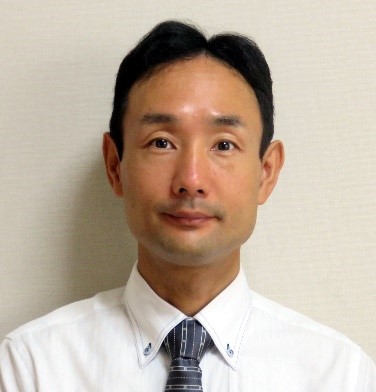
Minoru Kuribayashi
Minoru Kuribayashi received B.E., M.E., and D.E degrees from Kobe University, Japan, in 1999, 2001, and 2004. He was a Research Associate and an Assistant Professor at Kobe University from 2002 to 2007 and 2007 to 2015, respectively. Since 2015, he has been an Associate Professor at the Graduate School of Natural Science and Technology, Okayama University. His research interests include multimedia security, digital watermarking, cryptography, and coding theory. He is an associate editor of IEEE Signal Processing Letters, JISA and IEICE. He is a chair of APSIPA TC of Multimedia Security and Forensics and a TC member of IEEE SPS Information Forensics and Security. He received the Young Professionals Award from IEEE Kansai Section in 2014 and the Best Paper Award from IWDW 2015 and 2019. He is a senior member of IEEE and IEICE.
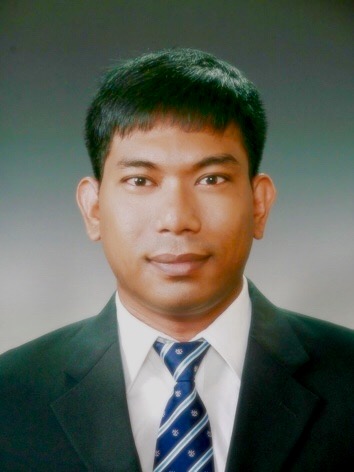
Mohendra Roy
Dr. Mohendra Roy is an expert in the area of Artificial Intelligence and experienced in
developing biomedical sensors / devices. He is currently serving as an assistant professor at the school of technology of Pandit Deendayal Energy University (PDEU), India. He was a post doctoral fellow at Delta-NTU Corporate Lab of Nanyang Technological University, Singapore. He received his Ph.D. in Electronics and Information Engineering from Korea University, South Korea. He did his master's in Bio-Electronics as well as Physics from Tezpur Central University, India.
He received the Korea University achievement award, IEEE student paper award by IEEE
Seoul section, outstanding paper award from the Korean BioChip Society, award at India
International Science Festival 2020 by the Ministry of Science and Technology, Government
of India, and Gold Medal from Tezpur University. He has published several high-quality
research papers in IEEE transactions, Journal of Machine Learnng: S & T, Biosensors &
Bioelectronics Journal, Sensors and Actuators B, etc.